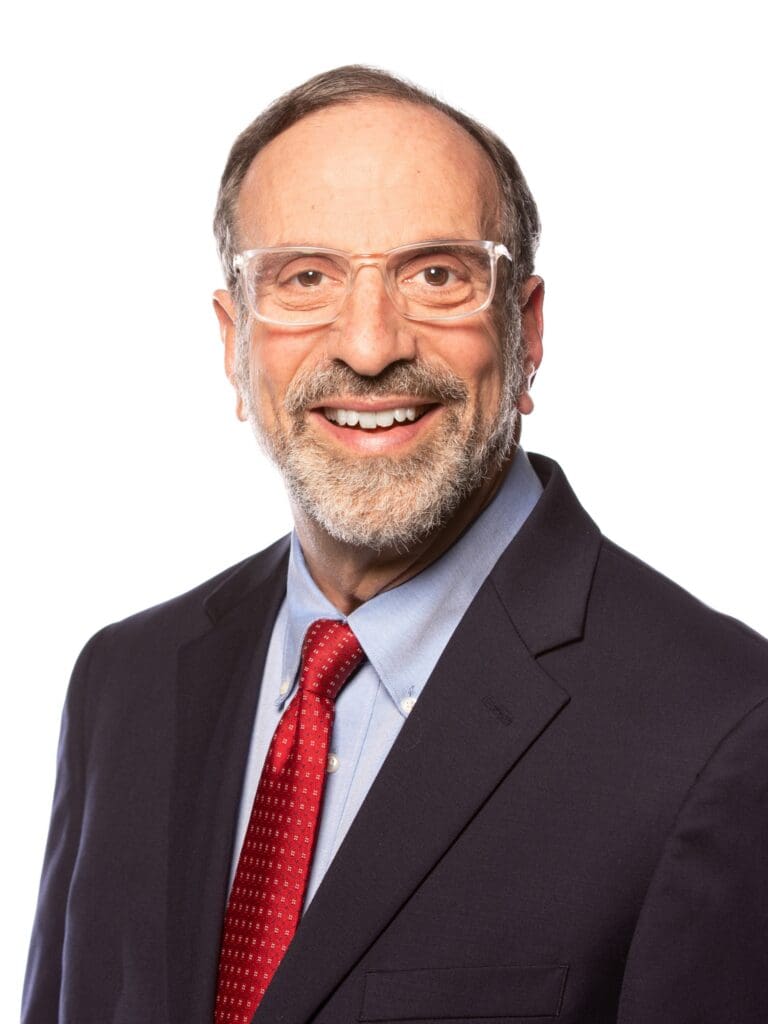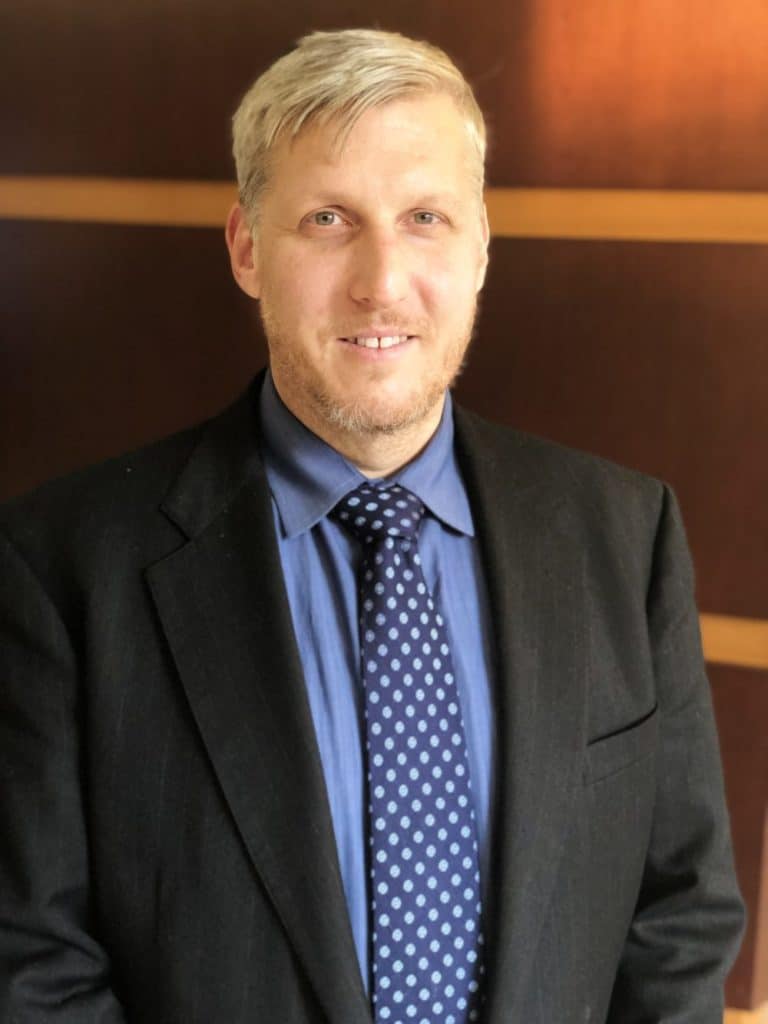Toward the End of a Career
By Neil Sandler
Rabbi Emeritus

Dear AA Friends,
Nearly half of my pulpit career has been spent in our congregation. I never imagined such a possibility, but serving you for many years was my good fortune.
More than five years ago, you will recall that I spoke to you on Rosh Hashana about my stepping down as Senior Rabbi in favor of Rabbi Laurence Rosenthal while I would remain a member of AA's rabbinic staff for two more years. Rabbi Rosenthal has served us well and with boundless caring. May he continue to do so for many years to come.
Nearly eleven months ago, during a time of rabbinic flux, our leadership asked me to temporarily return to the active rabbinic staff. It was an easy decision. I love you, and I love our congregation, so I was happy to help.
The months have flown by. God-willing, Susan and I will soon welcome a fourth grandchild (in Washington, DC). Susan has retired. My life and priorities have understandably changed. I am very pleased to hand my responsibilities over to Rabbi Michael Rothbaum. May he succeed magnificently in our spiritual community. May Rabbi Mike and his spouse, Anthony, become an integral part of our spiritual community and prosper within it.
When I entered the pulpit rabbinate, I had very little idea about what I was supposed to do. Slowly, I began to figure it out. I developed a "calling." I came to realize that I was meant to be a rabbi.
Forty-plus years later, I bring that rabbinic career to an end. You enabled me to "save the best for last." I interacted with people in pastoral situations that challenged me but also brought me great spiritual satisfaction. I spoke in settings that also challenged me but provided me with opportunities for growth. I was able to look at our congregants, understand their needs, and develop ways to reach out to them.
On Shabbat morning, December 28, I will reflect in my sermon on the meaning of my rabbinic career, especially to me. I hope you will join us in person or virtually.
I will always be a rabbi. I hope I will remain a Rabbi Emeritus of Ahavath Achim Synagogue. But my rabbinic career is now at a blessed end…" blessed" not because it is over but because you have helped me to share my skills and commitments with you in meaningful ways.
May the Holy One continue to bless the works of your hands and mine.
As I have previously told you, you have helped us to create our home in Atlanta. Atlanta is and will remain, God-willing, home. I look forward to seeing you at shul to enjoy the uplift of our spiritual community on Shabbat and holidays.
Rabbi Neil Sandler































